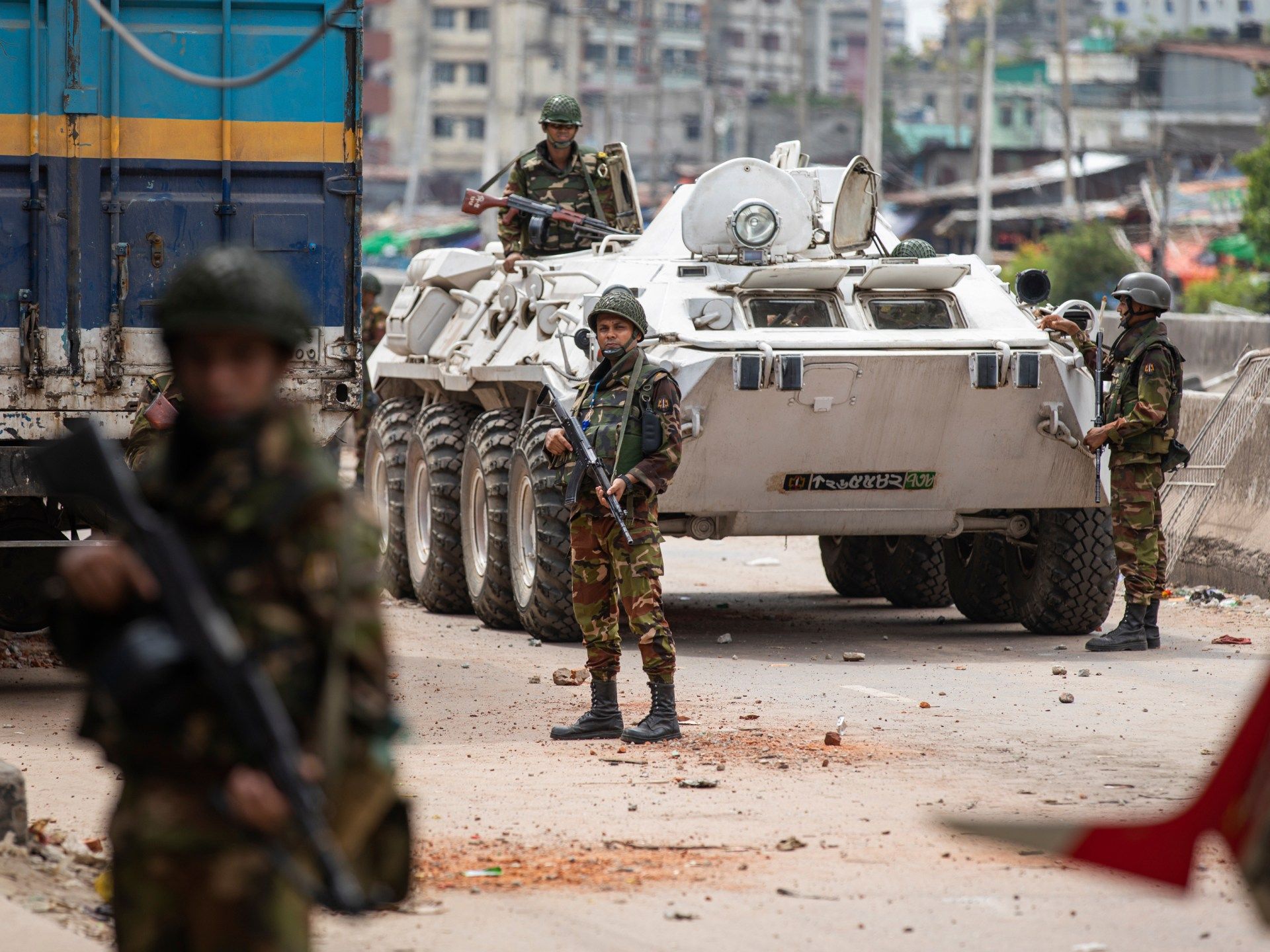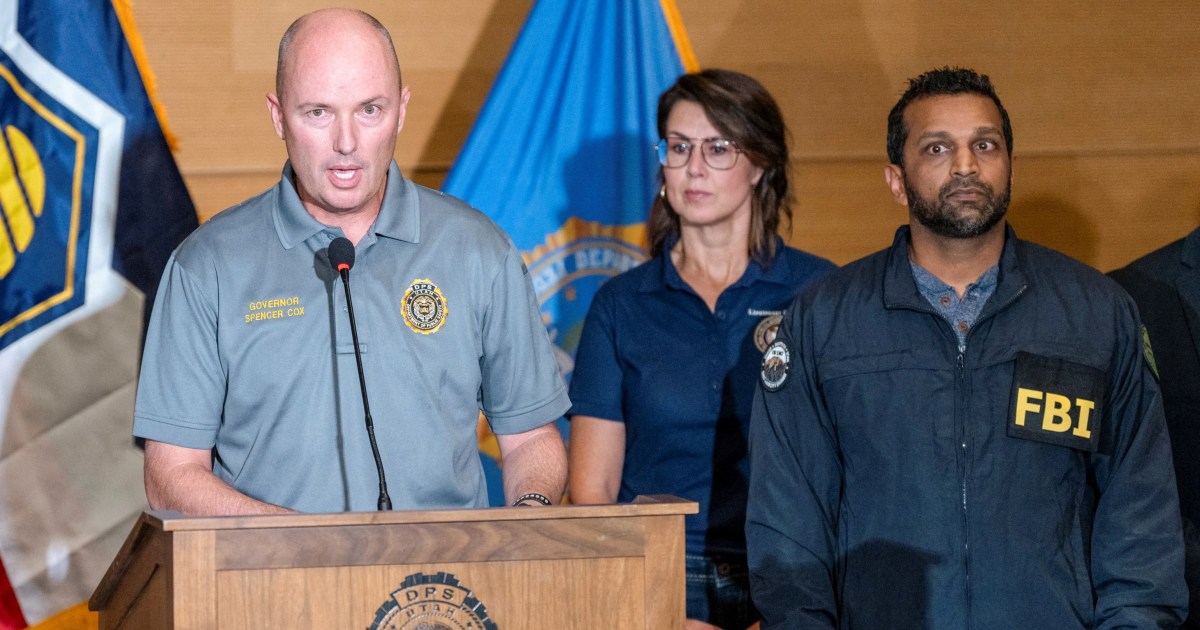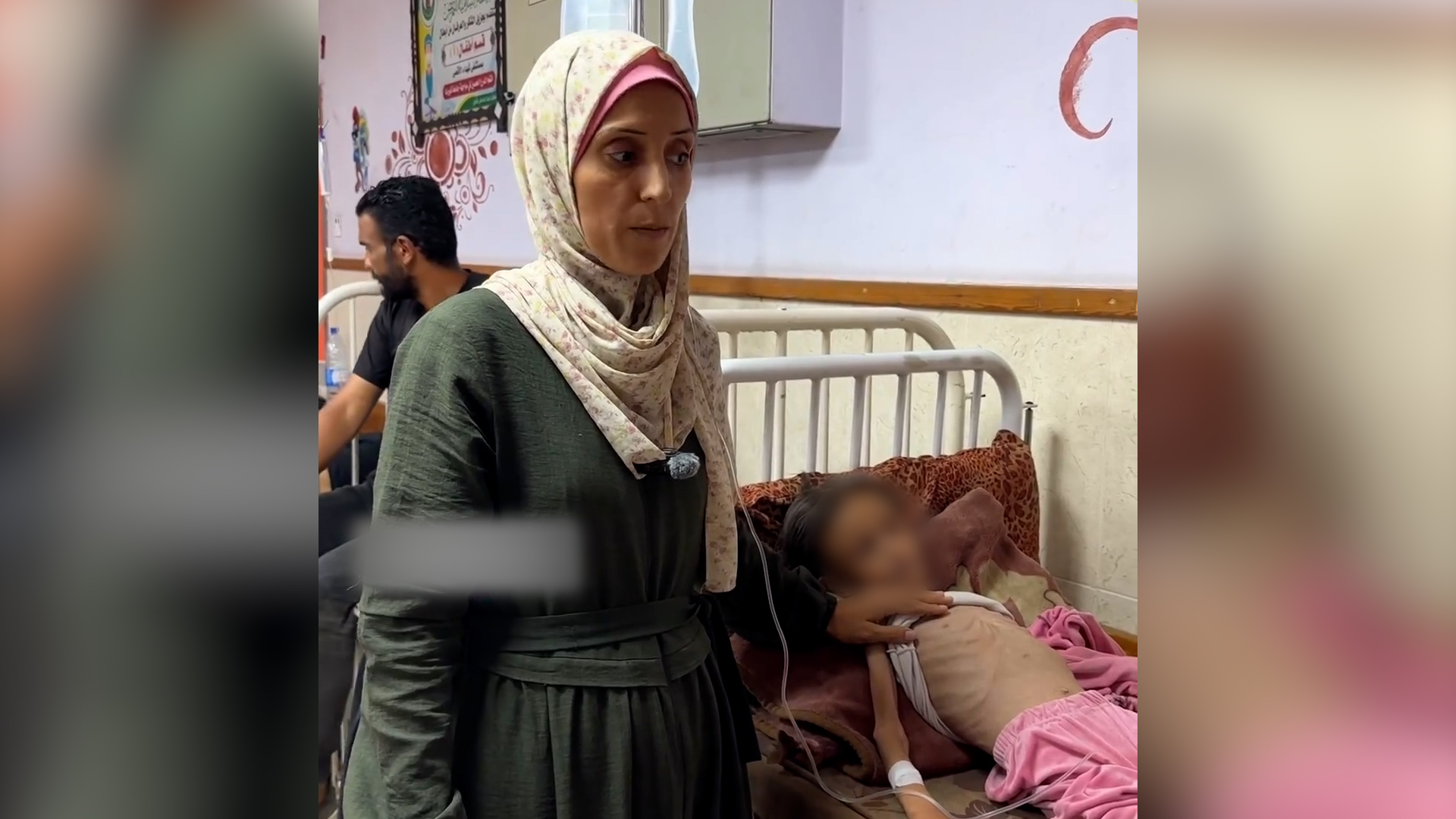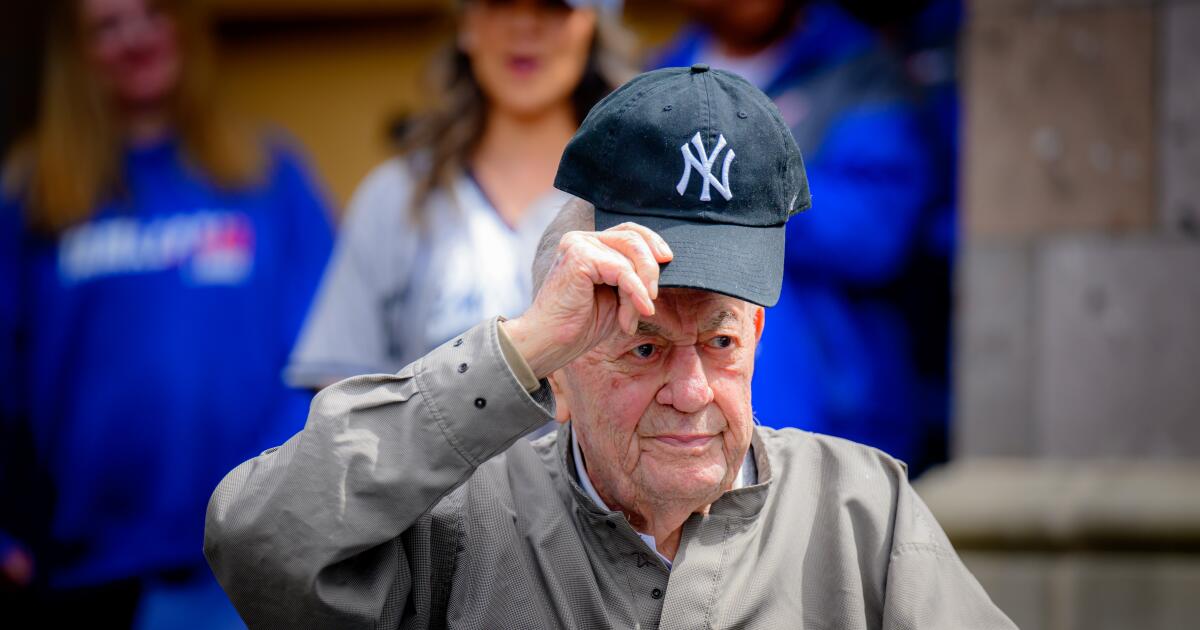HISTORY IN DEVELOPMENTHISTORY IN DEVELOPMENT,
The Supreme Court is reducing – but not eliminating – a controversial quota system that sparked deadly protests.
Bangladesh's Supreme Court has removed most quotas in government jobs that led to student-led protests in which more than 100 people died, local media reported.
The court's Appellate Division threw out a lower court order that had reinstated the quotas last month.
Attorney General AM Amin Uddin told AFP news agency: “The Supreme Court has said the High Court verdict was illegal.”
He added that 5 percent of jobs in the civil service will be reserved for children of veterans of the war of independence and 2 percent for other categories. Previously, 30 percent of jobs were reserved for relatives of war veterans.
Prime Minister Sheikh Hasina's government scrapped the quota system in 2018, but the lower court reinstated it last month, sparking deadly protests and a subsequent government crackdown.
The verdict comes after weeks of protests, mostly led by students, against the quota system they consider discriminatory.
Protesters argued the quota system benefits supporters of Prime Minister Sheikh Hasina, whose Awami League party led the independence movement, and said it should be replaced by a merit-based system.
Hasina defended the quota system, saying veterans deserve utmost respect for their contributions in the war against Pakistan, regardless of their political affiliation.
Last week, protests became increasingly violent, with police firing tear gas, rubber bullets and smoke grenades to disperse activists who filled the streets and university campuses.
On Friday, a mob of thousands of people laid siege to a prison in the central district of Narsingdi, armed with machetes and steel bars, freeing more than 800 prisoners before setting part of the facility on fire.
The protests are the largest to hit Bangladesh since Prime Minister Sheikh Hasina was re-elected for a fourth consecutive term this year.
Total curfew
To restore calm, Bangladesh imposed a complete curfew ahead of the Supreme Court ruling, which will remain in force at least until 3 p.m. (0900 GMT) on Sunday. Home Minister Asaduzzaman Khan said the curfew would be relaxed for two hours between 3 p.m. and 5 p.m. (0900-1100 GMT) to allow people to stock up on provisions before continuing for an “uncertain amount of time.”
The government also cut off telephone and internet connections, creating an “information blackout,” Al Jazeera’s Tanvir Chowohury reported from the capital, Dhaka.
The harsh crackdown has further fueled anger toward the government, pushing protesters from calling for quota reform to demanding the resignation of the entire government.
“It is not just a question of quotas at the moment. Many people have died, property has been destroyed and there is an information blackout,” Chowohury told Al Jazeera.
“We still do not know the full number of deaths and victims in recent days.”
'At a crossroads'
Ali Riaz, a professor and political scientist at Illinois State University, said the protest movement had “morphed” into an existential threat to the government, which has called on demonstrators to wait for the outcome of today’s verdict.
“Bangladesh is at a crossroads,” Riaz told Al Jazeera. “I think the government will survive politically speaking… on the other hand, if the protesters manage to persevere, they might even put pressure on the government to resign.”
It was not immediately clear how protesters would react to the court's decision.
Hasina's government has declared Sunday and Monday as public holidays and only emergency services will be allowed to operate.












